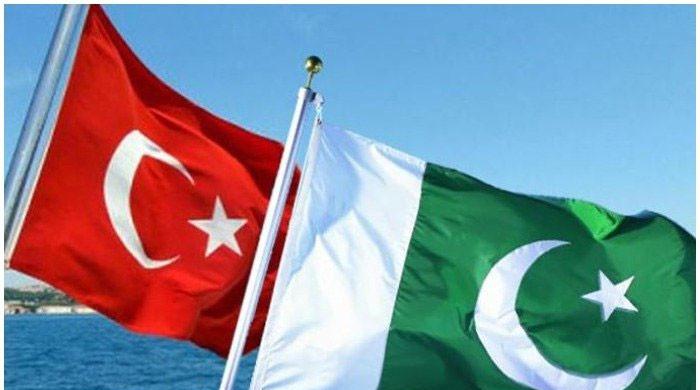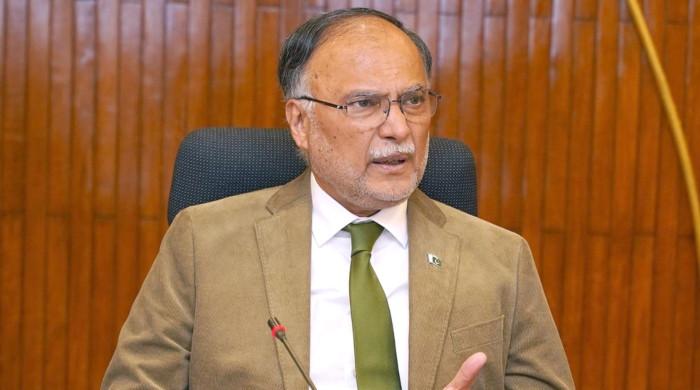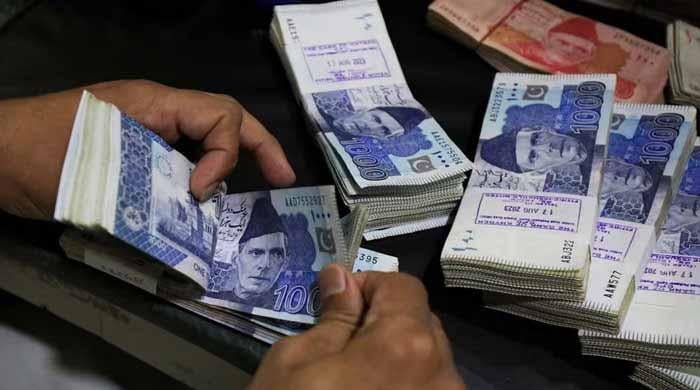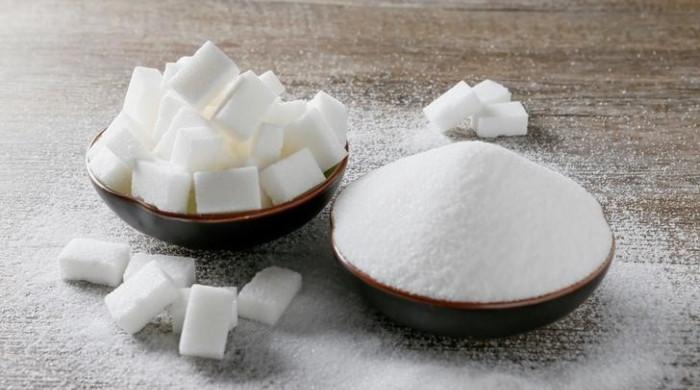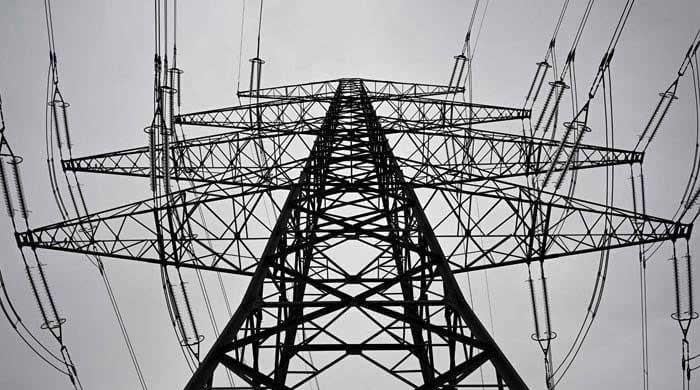Traders to take out countrywide rallies against rising inflation after Eid
Markazi Tanzeem Tajran president says traders would organise conventions, demonstrations if issues are not resolved
April 02, 2023
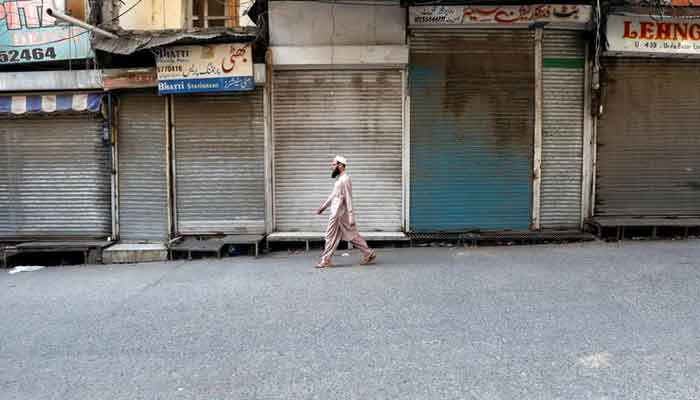
- Traders to stage protests against worsening economic conditions.
- Markazi Tanzeem Tajran president says govt should cut non-development expenses by 50%.
- Asks govt to stop humiliation of poor in name of provision of free flour.
The traders association will launch protests across the country after Eidul Fitr against the rising inflation and worsening economic conditions, The News reported Sunday.
Speaking during a press conference, Markazi Tanzeem Tajran President Muhammad Kashif Chaudhry said that traders all over Pakistan would organise conventions and demonstrations if issues were not resolved.
He regretted that the government did not pass on a reduction in crude oil prices in the international market to the people and on the other hand, it was not ready to bring down its non-development expenses.
Criticising the government, Chaudhry said that the issues could be addressed if the government was serious and sincere in doing so. “Neither the politicians, ministers nor bureaucracy is ready to cut their expenses and are getting free fuel and other benefits as usual,” he added.
He said the government should immediately announce a reduction in non-development expenses by 50%.
Chaudhry also asked the government to stop the humiliation of poor masses in the name of the provision of free flour.
“Poor women, elderly people and children are made to suffer and die while standing in queues for hours,” he said, adding that five people had lost their lives in attempts to get poor-quality flour.
He alleged that the mafias responsible for the flour crisis were sitting in parliament.
The traders' leader also asked politicians to come out of the tug of war and agree on a charter of democracy. He was of the view the traders' community could also play a role to make the politicians sit across the table for talks.
He said the government had cancelled wheat permits for flour mills, which resulted in a hike in the price of the commodity.
Chaudhry asked the government to review its Ramadan package so that poor masses were not humiliated in the name of so-called relief and free flour.
He also slammed the raids by Federal Board of Revenue of Pakistan (FBR) teams at points of sale, saying that the board had not provided income tax forms to traders in the Urdu language but was continuing to harass them.
Inflation at all-time high
The announcement by the traders come after Pakistan’s monthly inflation blew past forecasts in March and soared to a nearly all-time high level — 35.4% — from a year earlier, with people feeling more pain from some of the fastest rising consumer prices amid straining budgets as cost of living continues to outstrip average incomes.
The fresh inflation reading issued by the Pakistan Bureau of Statistics (PBS) has also multiplied the prospects of a further rise in interest rates in the upcoming monetary policy committee (MPC) meeting scheduled for April 4.
The inflation situation has worsened to its worst, steeping the masses, whose purchasing power has eroded by leaps and bounds, into misery, as the price of almost every edible item has gone through the roof over a period of months.
Core inflation, which was calculated after excluding the volatile energy and food prices, increased in March to 18.6% in urban areas and 23.1% in rural areas.
Analysts believe Pakistan is now heading towards hyperinflation — a situation when prices are out of control and in the territory of a 50% surge.
The inflation rate hit the roof in rural areas where it was recorded at 38.9%, while it jumped to 33% in the cities, according to PBS.




